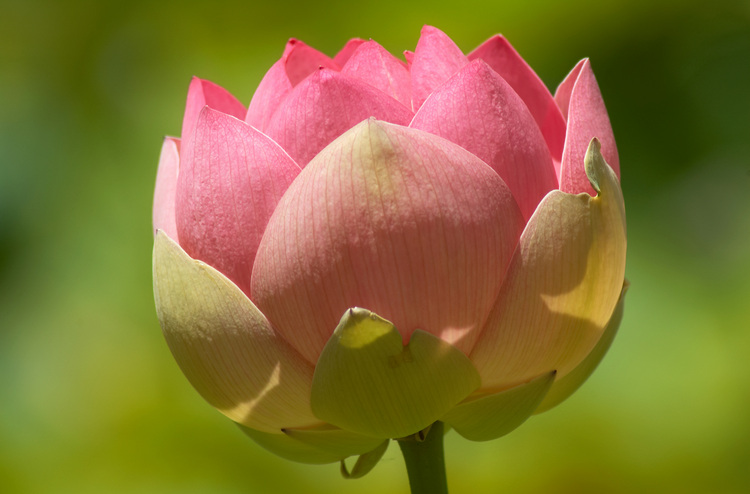Sleeping Divorce
Akhtar, a resident of from West Bengal uttered the word "Talaq" 3 times while he was sleeping. And now the situation is that he is supposed to leave his wife. The only way they can get back to each other is that her wife should marry to someone else and then divorce him. As he is not ready to leave his wife so he got his marriage registered, and that is making the villagers to boycott him.
This incident raises a few questions in my mind. How come someone in sleep very precisely can say the word Talaq 3 times? Even if it happen what was the need to bring the "Mullah" and "Moulavis" in between. Why did you forgot the few cases which happened in UP where a woman was raped by her father-in-law, and when he appealed to these "Mullah" then asked her to leave her husband and stay with his father-in-law. I don't think I can ever understand this law, its a piece of shit.
To add glamour to that our honorable chief minister or the administration did not even interfere in that. That bastard who raped must have been brought behind the bar. But who has time for that. Let them take care of themselves, and let them use the same barbaric rules made in 14ht centuries. Any way Welcome to India Baby! Here is link to full story.





